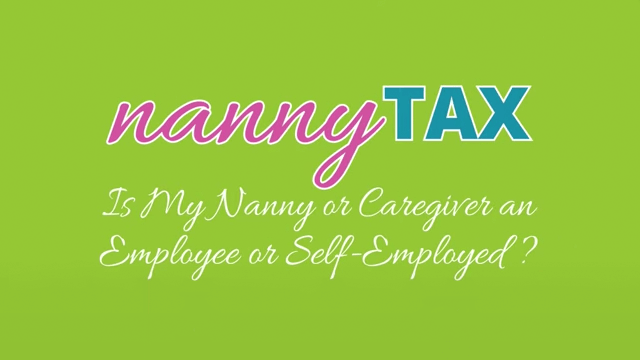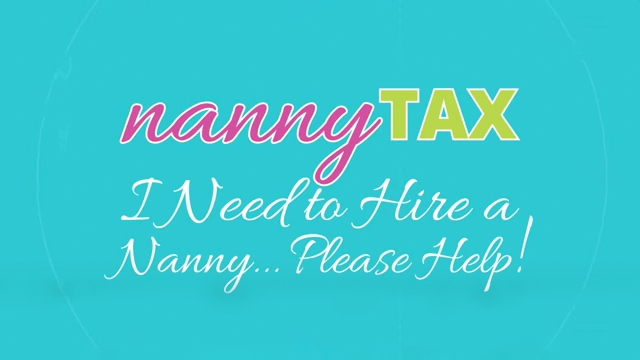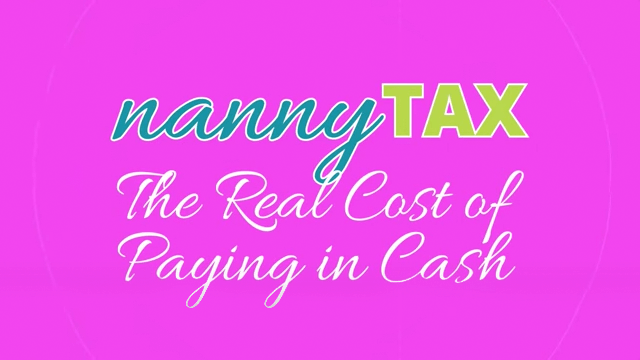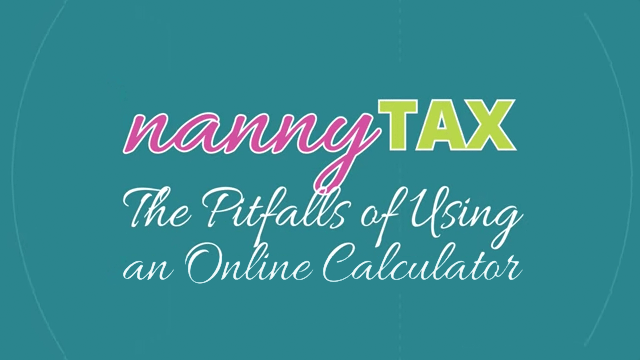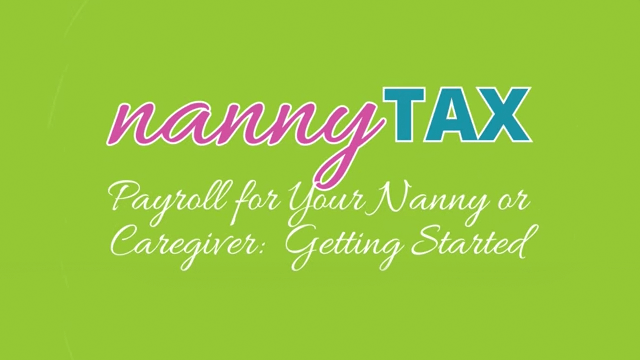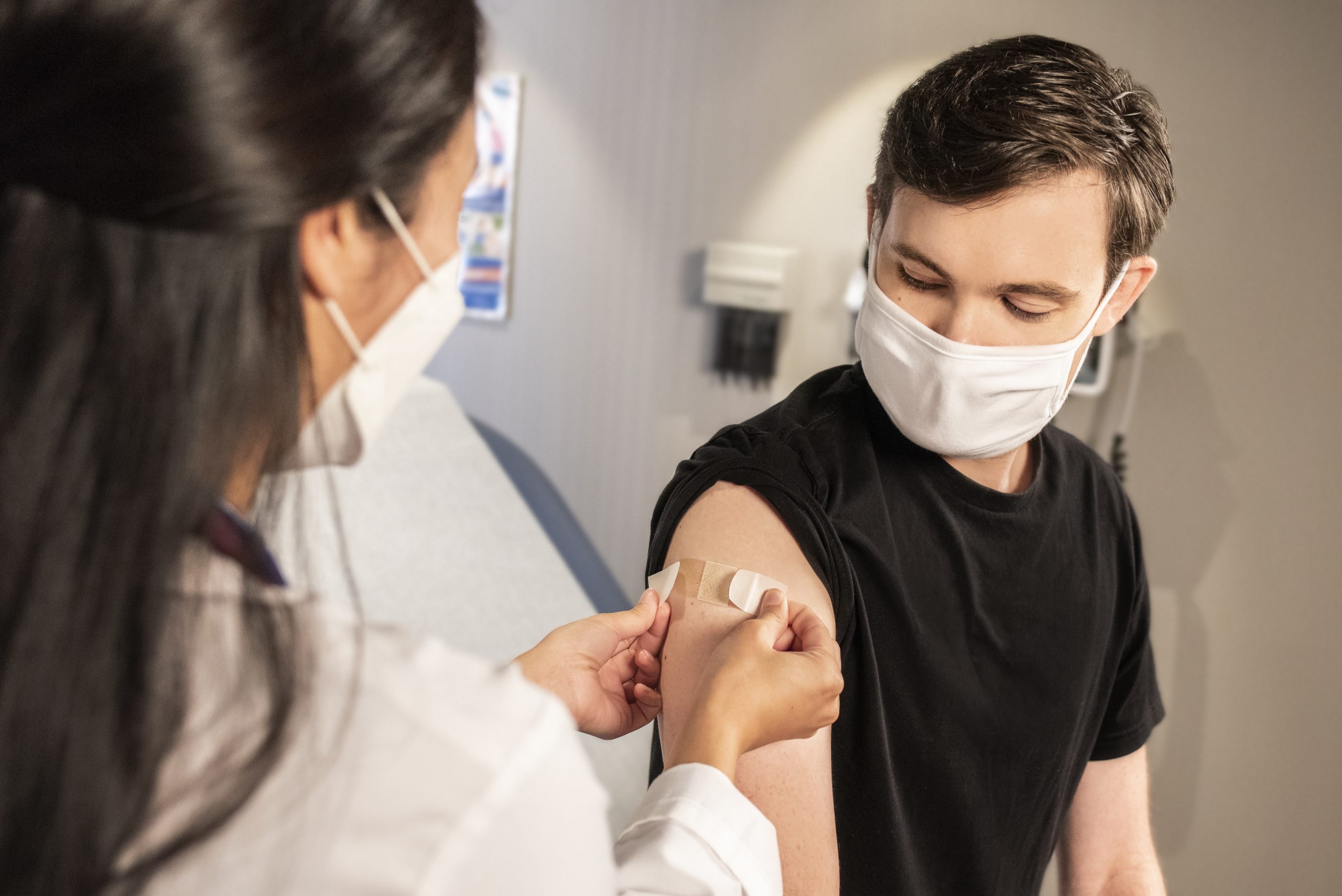
Should I Vaccinate my Kids for COVID-19?
Are you and your parents double vaccinated against COVID-19 but you’re still wondering whether or not to vaccinate your kids?
With vaccine passports now mandatory for entry into many public venues and for travel, if you’ve hesitated before about vaccinating your 12-17 year old kids and are now reconsidering, we’ve summarized recent perspectives from experts.
Benefits of Getting Vaccinated
- Protects other kids, your family, and the community. Kids can transmit the virus to others even if they are infected with no symptoms. The consequences of this spread can be even more severe with friends or other members of the family including a nanny/caregiver, or grandparents (who have weaker immune systems with age).
- Prevents hospitalization or your child getting more seriously sick. Though kids infected with COVID-19 may have milder symptoms than adults, they are not completely immune.
- Helps contain the emergence of other variants. The more the virus spreads in the community, the more opportunity it has to mutate into other variants, some of which may be even more dangerous than the current strain.
- Get back to doing the things you love as a family. With proof of double vaccination (specific venue requirements may vary by province), you can enjoy a family dinner out at a restaurant, watch the latest movie at the cinema, travel internationally, or have your kids visit their grandparents in retirement homes or long term care facilities.
What About Side Effects for Kids?
Clinical studies have shown that the COVID-19 Pfizer vaccine is safe for teens 12-17 years of age.
However, there have been reports of cases of heart inflammation (myocarditis) among individuals after getting the COVID-19 vaccine. Many of these cases were among young men after receiving the second dose. These cases, along with others, continue to be closely monitored in Canada and across the world. If your teen develops sudden chest pains, shortness of breath, or feelings of a fast-beating heart within several days of getting the vaccine, you should seek medical attention immediately.
But a child who becomes infected with COVID-19 can also develop myocarditis and other heart problems among other common complications, some of which can be long-lasting. The COVID-19 vaccine still offers the best protection against serious complications for you and your kids.
Other common reactions after getting the vaccine are mild and generally don’t last beyond 48 hours.
These could include:
- Soreness or redness at the sight of vaccination
- Fatigue
- Headache
- Fever or chills
- Nausea
- General aches in the muscles or joints
Where do I go to get the vaccine for my kids?
- Book an appointment online through each province or city’s online portals. Just search online for “how to book a COVID vaccine appointment” and options for your region will appear.
- At a participating pharmacy offering the Pfizer vaccine. Call your local pharmacy or check online.
- Watch for pop-up or walk-in clinics that may be promoted by healthcare providers in your community.
- Watch for school-based clinics, though these tend to take place at the start of the school year.
Even After Getting the Vaccine, Keep Following Public Health Measures
Being double vaccinated doesn’t mean your family can now ignore public health guidelines. These guidelines, in combination with vaccinations, are designed to help everyone stay safe until we’ve achieved enough immunity as a community (locally and globally).
- Maintain physical distancing of 2 metres from people outside your household
- Wear a mask
- Wash your hands frequently with soap and water, especially after being in contact with different surfaces outside the home
- Limit non-essential travel
For more detailed information, please refer to the downloadable “Frequently Asked Questions” Guide for the COVID-19 Vaccine for Children and Youth Ages 12+ supported by the Children’s Health Coalition in Canada.
This blog contains information sourced from:
The information provided in this blog is for general informational purposes only and does not substitute for professional medical advice. You should consult a medical professional or healthcare provider if you’re seeking medical advice, diagnoses, or treatment. NannyTax is not liable for risks or issues associated with using or acting upon the information on this site.






